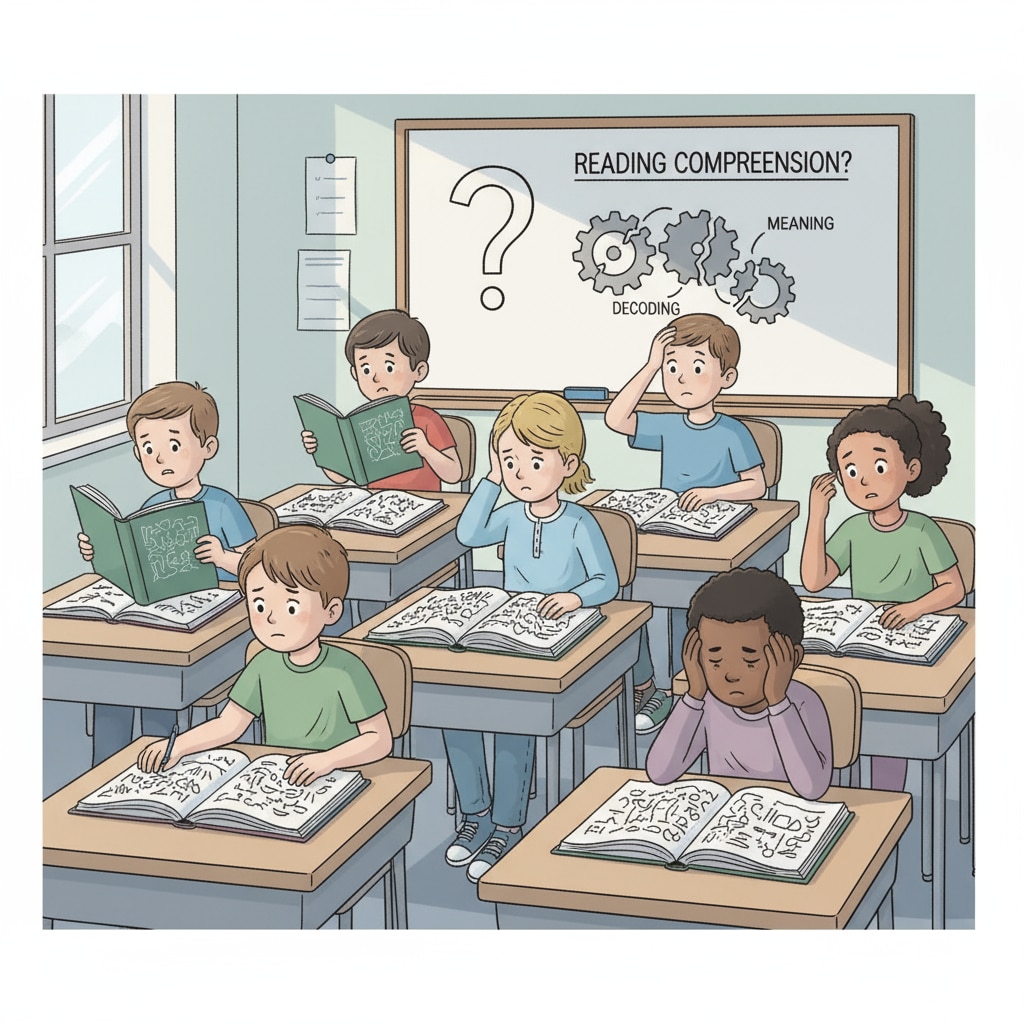Functional illiteracy, reading comprehension, and education issues are at the forefront of concerns in the United States today. A staggering 54% of the US population has reading comprehension skills below the fifth – grade level. This disturbing statistic not only exposes the underlying problems in the K – 12 education system but also signals the serious challenges that society may face in the future.

The Alarming State of Functional Illiteracy
Functional illiteracy refers to the inability of individuals to use reading, writing, and computational skills effectively in daily life situations (Merriam – Webster). In the US, this problem has reached epidemic proportions. People with low reading comprehension struggle to understand job instructions, read medical prescriptions, or engage in informed civic participation. For example, they may find it difficult to fill out a job application form accurately, which can limit their employment opportunities. According to data from the National Center for Education Statistics, the situation has been deteriorating over the years.
Root Causes of the Problem
One of the main causes is the quality of teaching in K – 12 schools. In some areas, teachers may not be adequately trained in effective reading instruction methods. Additionally, the curriculum might not be focused enough on developing strong reading skills. Socio – economic factors also play a significant role. Children from low – income families often lack access to educational resources such as books at home or after – school tutoring. As a result, they fall behind in their reading development. Another aspect is the influence of technology. While it has many benefits, the excessive use of digital devices for entertainment can reduce the time children spend on reading books, which is crucial for developing reading comprehension.

The Ripple Effects on Society
The impact of functional illiteracy extends far beyond the individual level. In the economic sphere, it can lead to a less productive workforce. Employees with poor reading skills may take longer to complete tasks, make more errors, and be less adaptable to new technologies. This can ultimately affect the competitiveness of businesses. Socially, it can contribute to a lack of informed citizenship. People who cannot understand complex issues presented in the news or government policies are less likely to participate actively in democratic processes. Moreover, it can perpetuate the cycle of poverty as limited literacy skills restrict access to better – paying jobs and educational opportunities.
Readability guidance: The above content uses short paragraphs to present key points. Each section focuses on a distinct aspect of the functional illiteracy issue. Transition words like “additionally”, “moreover”, and “for example” are used to enhance the flow of the text. Passive voice is kept to a minimum, and the sentence length is mostly within the recommended range.


